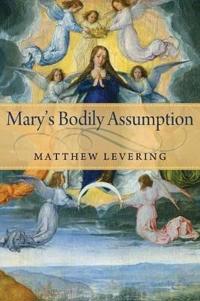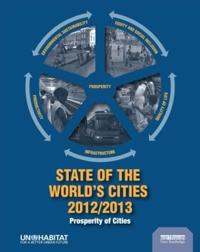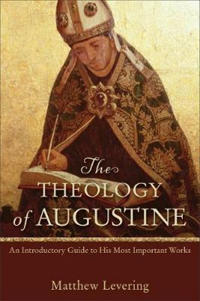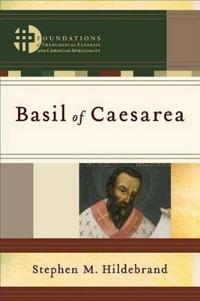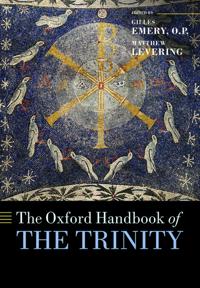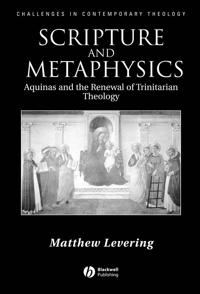Biblical Natural Law: A Theocentric and Teleological Approach (Inbunden)
avMatthew Levering
ISBN: 9780199535293 - UTGIVEN: 2008-03-20Mary's Bodily Assumption (Häftad)
avMatthew Levering
ISBN: 9780268033903 - UTGIVEN: 2014-12In Mary's Bodily Assumption, Matthew Levering presents a contemporary explanation and defence of the Catholic doctrine of Mary's bodily Assumption. He asks: How does the Church justify a doctrine that does not have explicit biblical or first-century historical evidence to support it? With the goal o[...]
State of the World's Cities (Häftad)
avMatthew Levering
ISBN: 9780415838887 - UTGIVEN: 201303The city is the home of prosperity. It is the place where human beings find satisfaction of basic needs and access to essential public goods. The city is also where ambitions, aspirations and other material and immaterial aspects of life are realized, providing contentment and happiness. It is a loc[...]
The Theology of Augustine (Häftad)
avMatthew Levering
ISBN: 9780801048487 - UTGIVEN: 201303Most theology students realize Augustine is tremendously influential on the Christian tradition as a whole, but they generally lack real knowledge of his writings. This volume introduces Augustine's theology through seven of his most important works. Matthew Levering begins with a discussion of Augu[...]
Basil of Caesarea (Häftad)
avStephen M. Hildebrand, Hans Boersma, Matthew Levering
ISBN: 9780801049071 - UTGIVEN: 2014-03Fourth-century church father Basil of Caesarea was an erudite Scripture commentator, an architect of Trinitarian theology, a founder of monasticism, and a metropolitan bishop. This introduction to Basil's thought surveys his theological, spiritual, and monastic writings, showing the importance of hi[...]
Heaven on Earth?: Theological Interpretation in Ecumenical Dialogue (Häftad)
avHans Boersma, Matthew Levering
ISBN: 9781118551929 - UTGIVEN: 2013-02-28This collection assembles essays by eleven leading Catholic and evangelical theologians in an ecumenical discussion of the benefits -- and potential drawbacks -- of today's burgeoning corpus of theological interpretation. The authors explore the critical relationship between the earthly world and it[...]
Scripture and Metaphysics: Aquinas an the Renewal of Trinitarian Theology (Inbunden)
avMatthew Levering
ISBN: 9781405117333 - UTGIVEN: 2004-05-31The Oxford Handbook of the Trinity (Pocket)
avGilles (EDT) Emery, Matthew (EDT) Levering, Gilles (EDT) Emery
ISBN: 9780198712138 - UTGIVEN: 2014-09This handbook examines the history of Trinitarian theology and reveals the Nicene unity still at work among Christians today despite ecumenical differences and the variety of theological perspectives. The forty-three chapters are organized into the following seven parts: the Trinity in Scripture, Pa[...]
Scripture and Metaphysics (Pocket)
avMatthew Webb Levering
ISBN: 9781405117340 - UTGIVEN: 2004-05This book makes a major contribution to contemporary theological and philosophical debates, bridging scriptural and metaphysical approaches to the triune God. * Bridges the gap between scriptural and metaphysical approaches to biblical narratives. * Retrieves Aquinas's understanding of theology as [...]


